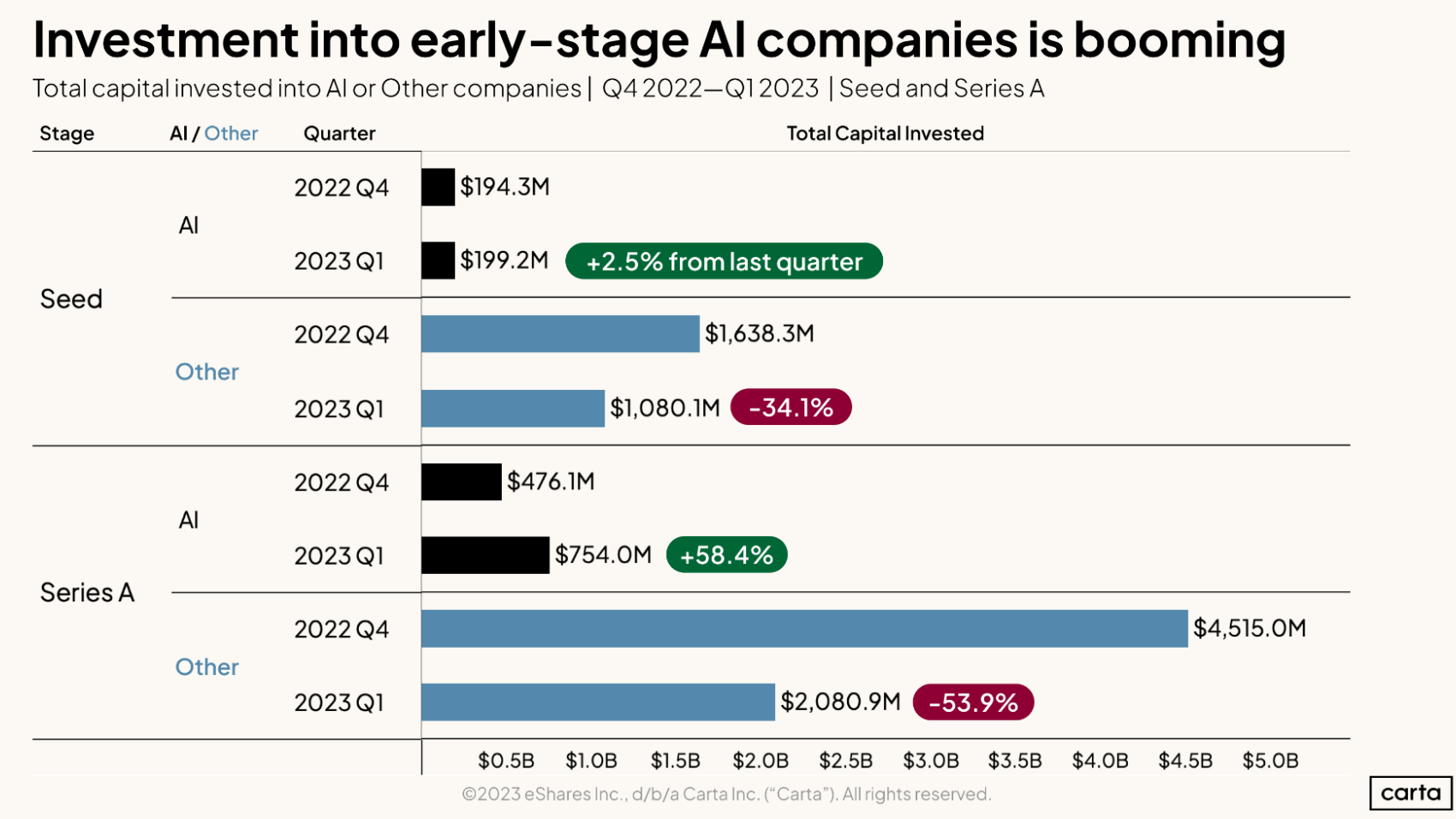Lead VCs Claim Up to 9% Larger Allocations in Funding Rounds Since 2021, Carta Data Reveals

New data from equity management platform Carta Inc. indicates a significant shift in venture capital syndicate dynamics, with lead investors claiming substantially larger allocations in funding rounds. According to a recent tweet from SaaStr.ai, lead VCs have increased their stake across seed, Series A, and Series B rounds between 2021 and 2025, signaling a more concentrated investment landscape.
The data highlights a notable increase in lead investor participation:
"🌱 Seed: 52% → 61% (2021-2025) 📈 Series A: 54% → 59% 💰 Series B: 50% → 51%"
This trend, as stated in the SaaStr.ai tweet, suggests that "It's not just you — syndicate dynamics are shifting. Leads want more control and larger allocations in fewer deals." Carta, which serves over 45,000 U.S. startups and administers nearly $150 billion in assets across 8,000 funds, is a primary source for private market insights, regularly publishing reports on the state of venture capital.
The increased allocation by lead VCs translates directly to "Less room for other investors, more concentrated power, tougher syndicate building," according to the social media announcement. This shift reflects a broader, more disciplined venture capital environment that has emerged since the peak funding levels of 2021. While total venture capital funding showed a modest recovery in 2024, it remains significantly below the record highs of 2021, indicating a more measured funding climate.
In this environment, the bar for startup funding has risen significantly. Founders are now often required to demonstrate higher growth rates and stronger metrics to attract venture capital interest. This heightened scrutiny encourages lead investors to seek greater control and larger stakes in what they perceive as higher-conviction deals, especially as the overall number of new funding rounds has seen a notable decline in recent quarters, despite median pre-money valuations rising for successful rounds.
This strategic approach by leading firms is reshaping how capital is deployed in the private markets, impacting both emerging and established co-investors who may find fewer opportunities to participate meaningfully in promising rounds. The data underscores a competitive landscape where securing investment requires not only robust business fundamentals but also adept navigation of increasingly selective and consolidated investment syndicates. As the venture ecosystem continues to evolve, the trend of lead VCs taking larger slices is expected to persist, influencing fundraising strategies for startups and investment opportunities for other participants.